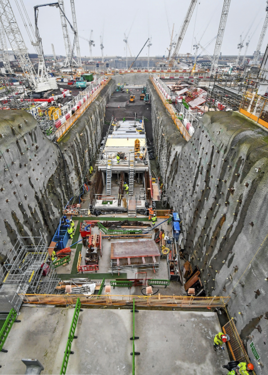Tieing increases into particular upgrades, such as the hoped-for TransPennine route upgrade, would test John Aspinall’s view. It would need to counter the claim that rail fares are already too high, but could use the upgrade in question as evidence of improved services.
Set against this is the optional nature of much rail travel. Unlike water or electricity, no one has to use rail.
So, history has put Network Rail into the position of being owned by the state and primarily funded by the state. Bit by bit, the state has increased its hold on rail funding. It has closed down other options so that it’s the only funder left in the game.
And it’s not keen on giving more money. Much of the problem with private funding for rail infrastructure comes down to trust. UK government doesn’t really trust rail’s private sector - it has the scars of Great Western electrification and other public-private partnerships in which the private partly failed to deliver.
Nor is there much trust the other way. Ministers change their minds and their priorities. They preside over stop-start programmes. They make rail too difficult.
Rebuild this trust by releasing some of those shackles, and there’s a chance to make rail infrastructure attractive to private money.














